Patrick McGuinness’s prose trembles on the edge of poetry, occasionally indeed tipping gently over into it. This is thoroughly characteristic of a book that does sometimes feel as though it might be an abandoned sequence of poems, reconfigured in often spell-binding prose. The title itself is poetic: who the ‘other people’ are and which ‘countries’ they come from is never wholly clear.
However, perhaps this cavil is unjustified. Poetry, after all, inhabits a literary space in which fact and fiction merge or dissolve into one another, as they do in (or are made to by) memory, so the subtitle hints at what is to follow, which is an attempt to describe the act of remembering.
The object of the book is to be found in the dedication, which is to McGuinness’s children, ‘so that they know where they come from’. With no extended English family to speak of, the author finds his roots in the Belgian soil of his mother. But while his children in some sense may ‘come from’ Belgium, they are Welsh-speaking, and live in Caernarfon. Their presumably Welsh mother may have other ideas about their provenance.
McGuinness is a poet and an academic and clever. It would be a shame if his book were bypassed by potential readers put off by a title and subtitle that tell us so little about its subject, which is the author’s relationship, as governed by memory, with the town of Bouillon in Belgium. Lying in Wallonia, close to the borders with France and Luxembourg, this is where McGuinness spent his long childhood holidays, back from boarding school in England (his parents, whose work is never explicitly given, worked for the diplomatic corps or perhaps the British Council).
There is no narrative; the book instead consists of numerous memories, or ‘rooms’ never more than four pages long, by which a picture is assembled of the town McGuinness clearly loves. When he writes that ‘the rooms in the house of a remembered childhood take on the shocks and aftershocks of adult life’ I almost understand what he means.
His grandmother Lucie was a dressmaker, adept at copying the new fashions. She was ‘fond of linings’, and like any good poet McGuinness seizes the proffered metaphor:
I think Lucie must have sewn a lining into time itself, because when I’m in her house I find myself feeling my way inside it for a whole life I hid there years before.
This is one useful description of the book, but Other People’s Countries is also the portrait of a family and a family within a community. Along with parents, grandparents, various great-aunts, cousins and so on, we are introduced to a fascist, garagiste, pharmacist, poet, café-proprietor, gendarme, sweet-shop owner and ‘Bouillon’s most libidinous man’. These characters are acutely observed. Of his ‘hard to read’ mother McGuinness writes: ‘She was an ocean’s worth of storm clamped inside an oyster’; his grandfather, Eugene, is an ‘anti-raconteur in a world of exaggeration’; the gendarme ‘could be doing nothing in several different places at once’.
Interspersed throughout are gobbets of history, political and literary (not without a hint of thrill does the poet imagine his great-great grandmother, a chambermaid, changing the bed linen of Verlaine and Rimbaud). And woven through it all is a miscellany of childhood memories. It is a journey around a single place, and nostalgic without being remotely sentimental.
This book has yet another use. There are no stereotypes for the Belgians as there are for the French, the Dutch and the Germans. Perhaps this is because ‘all Belgians are only half-Belgian’, as the half-Belgian McGuinness maintains. This curious hybrid of a book, so beautifully written, is not half bad as an introduction to their half-known country.
Got something to add? Join the discussion and comment below.
Get 10 issues for just $10
Subscribe to The Spectator Australia today for the next 10 magazine issues, plus full online access, for just $10.
Available from the Spectator Bookshop, £12.99. Tel: 08430 600033
You might disagree with half of it, but you’ll enjoy reading all of it. Try your first month for free, then just $2 a week for the remainder of your first year.

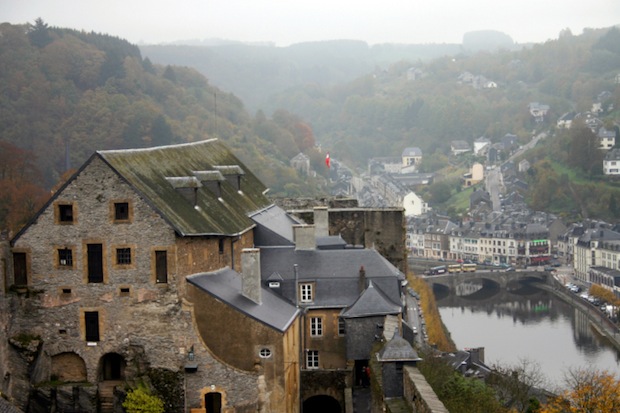

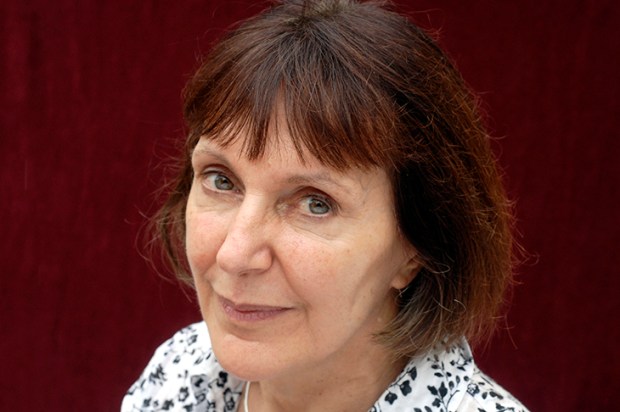
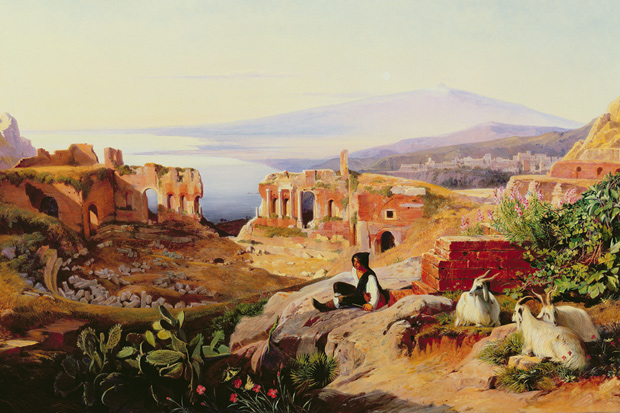
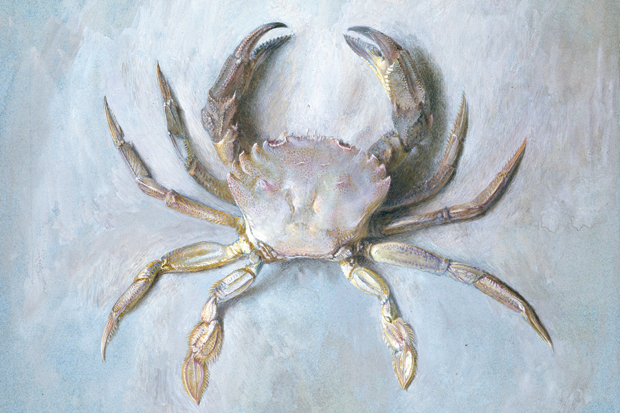
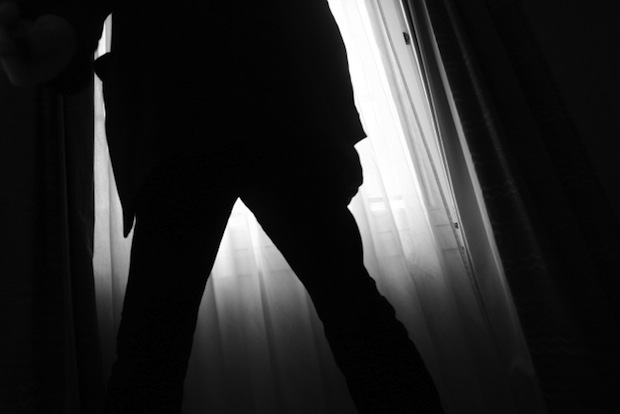
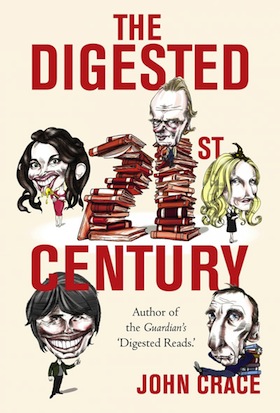






Comments
Don't miss out
Join the conversation with other Spectator Australia readers. Subscribe to leave a comment.
SUBSCRIBEAlready a subscriber? Log in